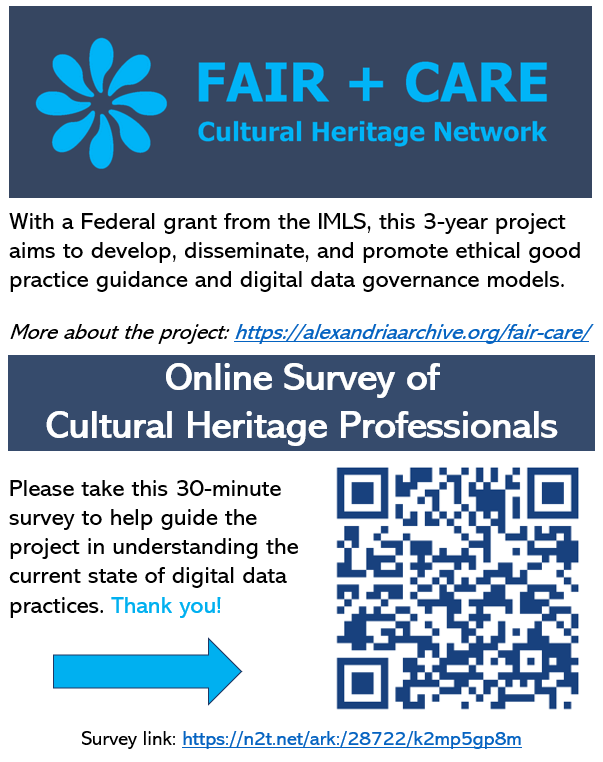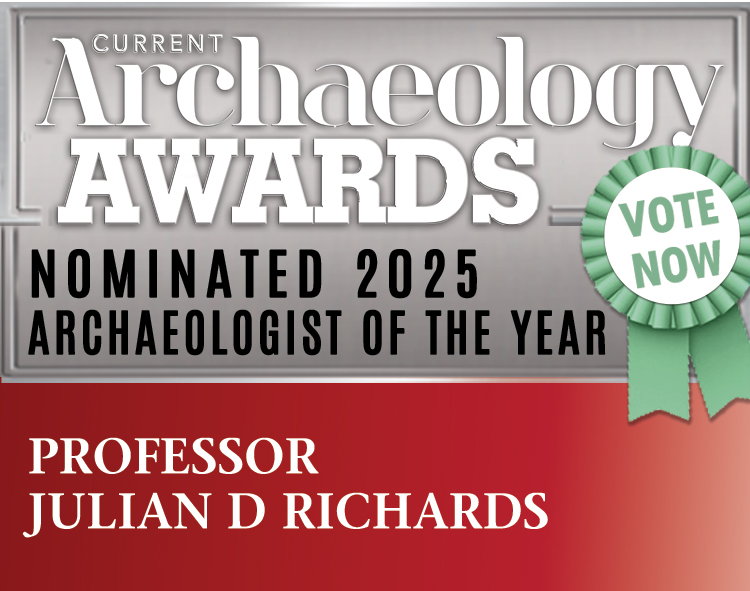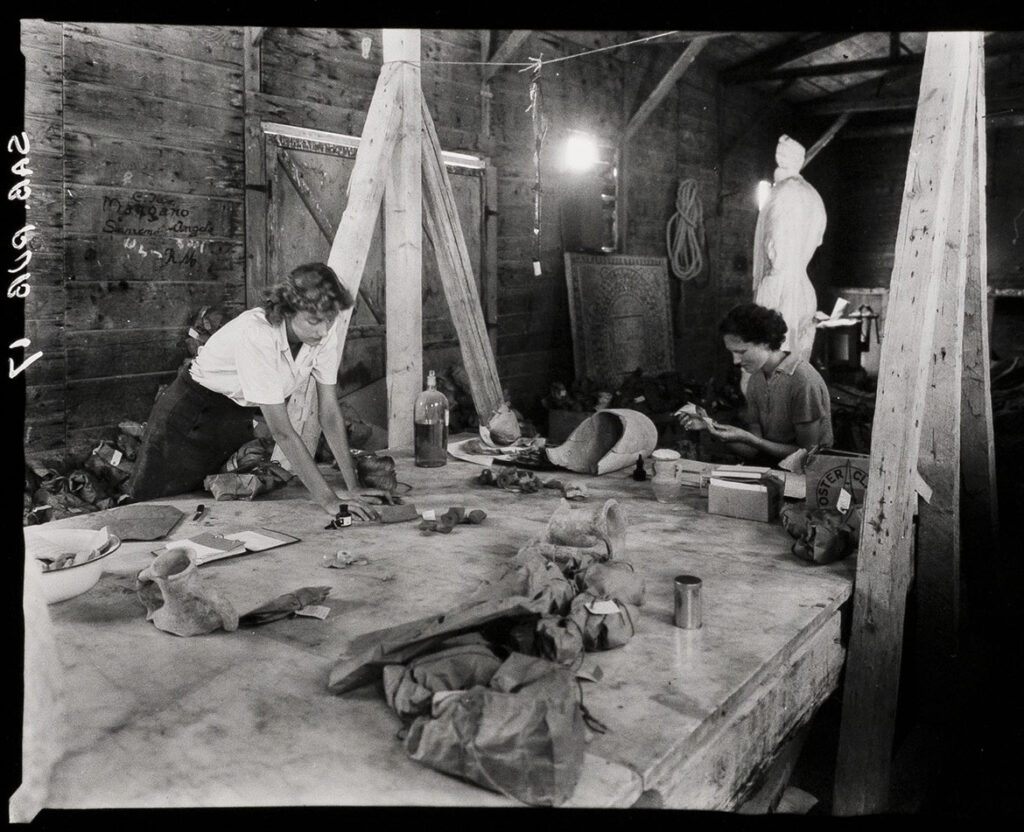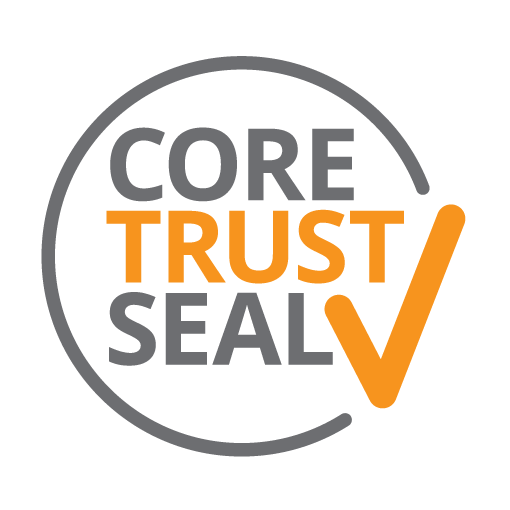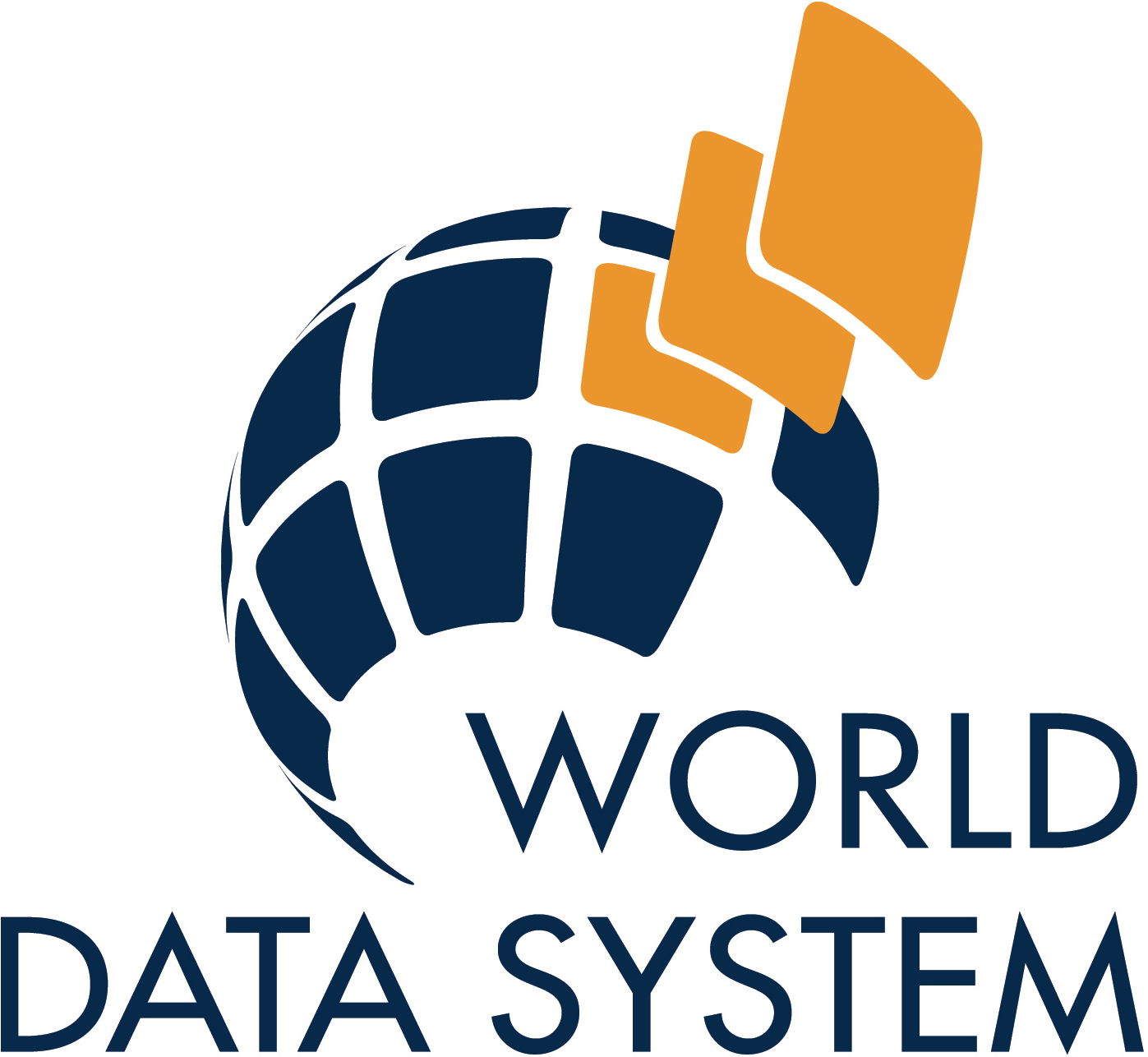We are inviting our community to participate in this survey on Advancing the FAIR and CARE Practices in Cultural Heritage. The survey invites you to describe how you collect, manage, preserve, curate, share, and store cultural information during the course of your work and/or life. Your participation will be anonymous and you do not need to have familiarity with the FAIR and CARE principles before filling out the survey.
The survey will only take 30-minutes to complete and it will help guide the project in understanding the current state of digital data practices. The survey will be open until May 31st 2024. A link to the survey can be found below:
Survey on Advancing FAIR and CARE Practices in Cultural Heritage
More information about the survey can be found via the survey link.
FAIR and CARE
The FAIR (Findable, Accessible, Interoperable, and Reusable) Data Principles and CARE (Collective benefit, Authority to control, Responsibility, and Ethics) Principles for Indigenous Data Governance are two sets of guidelines that ensure data is useful, accessible, and respectful. FAIR provides suggestions to encourage openness and ease of use to serve the public needs, while CARE promotes the need to respect the cultural and social needs of data that documents Indigenous communities and their heritage.
The Advancing FAIR+CARE Practices in Cultural Heritage project.
This survey is being undertaken as part of the Advancing FAIR+CARE Practices in Cultural Heritage project. This three year project aims to “develop, disseminate, and promote ethical good practice guidance and digital data governance models integrating FAIR+CARE practices.” The Director of the ADS, Prof Julian Richards, is an advisor for the project, bringing an European perspective to this research. Please visit the project webpage for more information.
